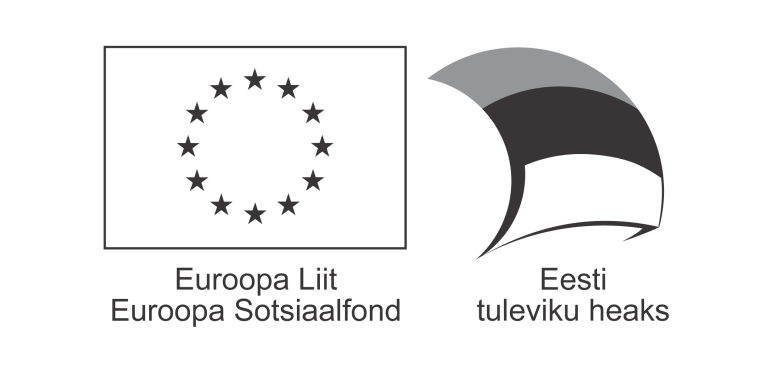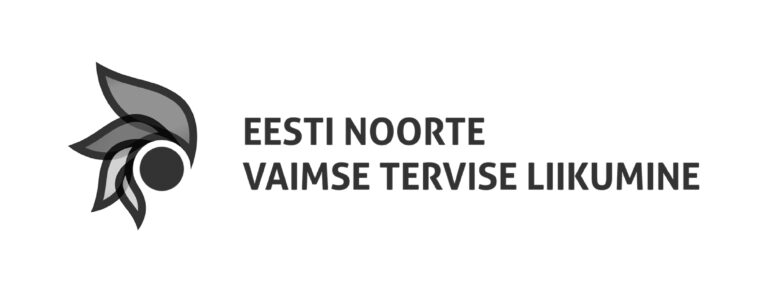HIV is an insidious virus that can live in the human body for years without showing any signs. In order to discover it, you have to get tested and have regular check-ups. Here is what you need to know about HIV and how it relates to AIDS.
HIV increases a person’s susceptibility to infectious diseases because it destroys their body’s ability to protect itself from them. It also makes the human body very susceptible to diseases that people with a healthy immune system rarely suffer from and which are caused by relatively harmless bacteria, fungi, etc. A person infected with HIV may also start developing rare tumours.
Do all HIV-infected people have AIDS?
If a person is infected with HIV, it does not mean they immediately have AIDS. In reality, AIDS only develops when the HIV infection has reached its last stage. AIDS is not an independent illness – it manifests as a variety of rare infectious diseases and/or malignant tumours.
Although it may take ten years or more from being infected with HIV to the development of AIDS, it gradually weakens the immune system and is never gone from the body. An HIV-infected person is always infected, even though they may feel quite well for a long time.
What can I do to protect myself?
HIV is transmitted sexually, which means that all sexually active people have the right and opportunity to protect themselves from the virus by using a condom.
If you have unprotected sex, it is best to get tested as soon as possible, even if you know and trust your partner. The test is free for everyone and can be done in HIV counselling and testing clinics and youth counselling centres across Estonia.
More information about HIV and AIDS is available on these websites:
Source: website of the National Institute for Health Development.







